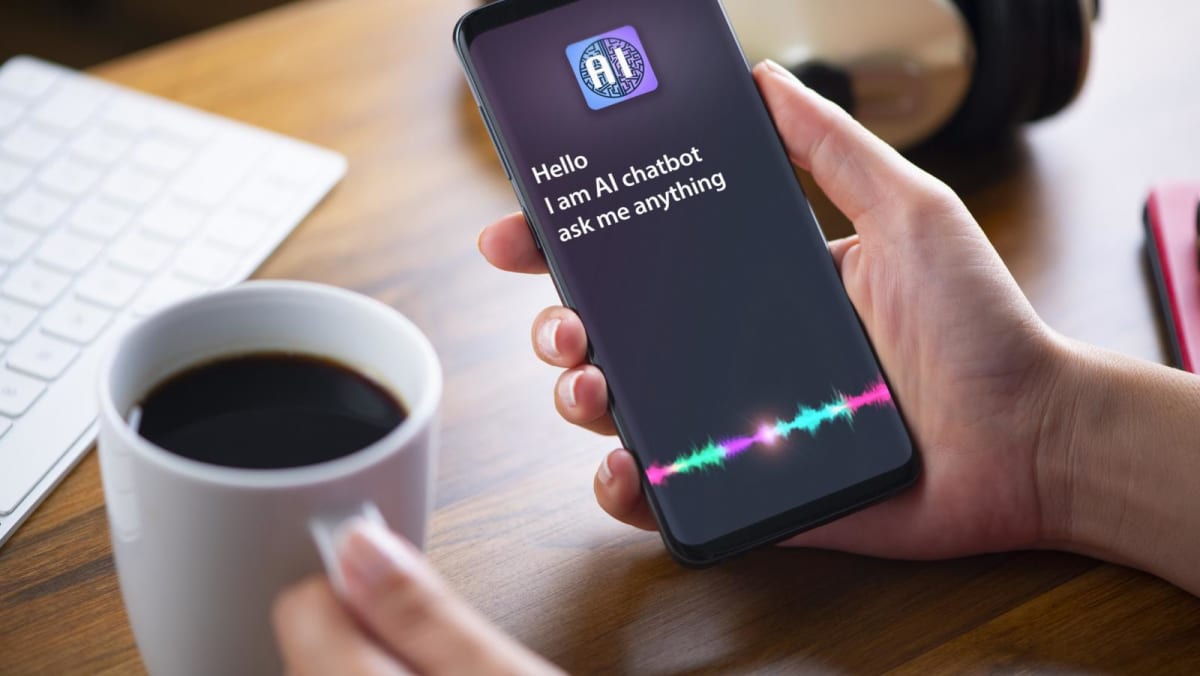It’s been a rocky week for the industry. A report from the Massachusetts Institute of Technology said that 95 per cent of firms surveyed have not seen returns on investments into generative AI. It expands on earlier research from McKinsey, indicating that while nearly eight in 10 companies are using generative AI, just as many report “no significant bottom-line impact”.
Global tech stocks were shaken. But the volatility doesn’t capture the nuances of the research or how early we are in the rush to implement the technology.
CONSUMER FATIGUE
Consumer fatigue has long been mounting. Studies have found that putting “AI” onto marketing materials could actually turn off shoppers. And myriad public opinion polls indicate that we are increasingly concerned about the negative impacts.
Even in China, where government enthusiasm has made it harder to question the bullish narrative, not everybody is hopping aboard the hype train. Consumer traffic to DeepSeek has fallen precipitously since the reasoning model took the world by storm in January.
Not to mention that the pace of progress since the introduction of ChatGPT more than two years ago has stalled. DeepSeek has yet to release its R2 model, which had been expected in May. Its most recent updates have been incremental.
And the underwhelming reaction to OpenAI’s much-hyped GPT-5 release has emboldened many to loudly question how “intelligent” these machines actually are. Inevitable bottlenecks in access to new data and computing power, the building blocks of AI, mean that the clip of truly wow-inducing technical breakthroughs will be harder to sustain in the near-term.
